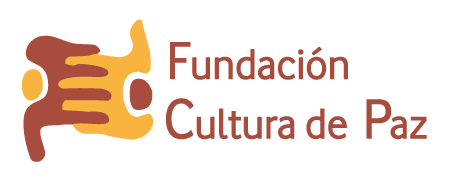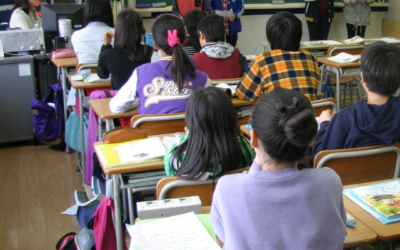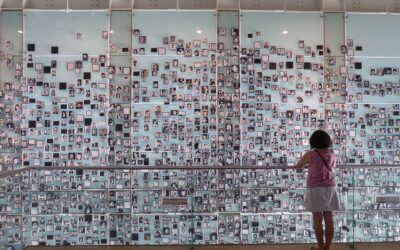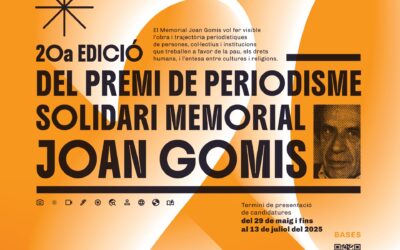Actualidad
Firmamos un acuerdo de colaboración con la Fundación Unicaja para el desarrollo del Proyecto “Alianza para un Futuro de la Educación”
La Fundación Cultura de Paz firma un acuerdo de colaboración con la Fundación Unicaja para el desarrollo del Proyecto “Alianza para un Futuro de la Educación”, para trabajar la formulación de propuestas dirigidas a instituciones públicas o privadas en materias...
Organizamos la mesa redonda «Cultura para la paz: Iniciativas para la construcción de sociedades pacíficas» con el Ministerio de Cultura
El próximo 9 de julio, en el Auditorio Jorge Semprún del Ministerio de Cultura, tendrá lugar la mesa redonda "Cultura para la paz: Iniciativas para la construcción de sociedades pacíficas", que pretende poner de relieve el papel de la cultura para la construcción de...
Abierta la convocatoria del Memorial Joan Gomis en su vigésimo aniversario
El premio de periodismo solidario Memorial Joan Gomis convoca la que este año será su vigésima edición. Así, el premio celebra dos décadas que ponen en valor la figura de Joan Gomis y su legado de compromiso con la paz, los derechos humanos y la eliminación de la...
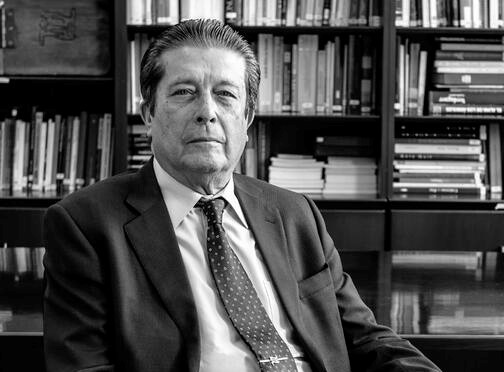
Federico Mayor Zaragoza
Es el Presidente de la Fundación Cultura de Paz. Con la Fundación para una Cultura de Paz, constituida en Madrid en marzo de 2000, el Profesor Mayor Zaragoza continúa la labor emprendida como Director General de la UNESCO de impulsar el tránsito desde una cultura de la violencia e imposición a una cultura de paz y tolerancia.
